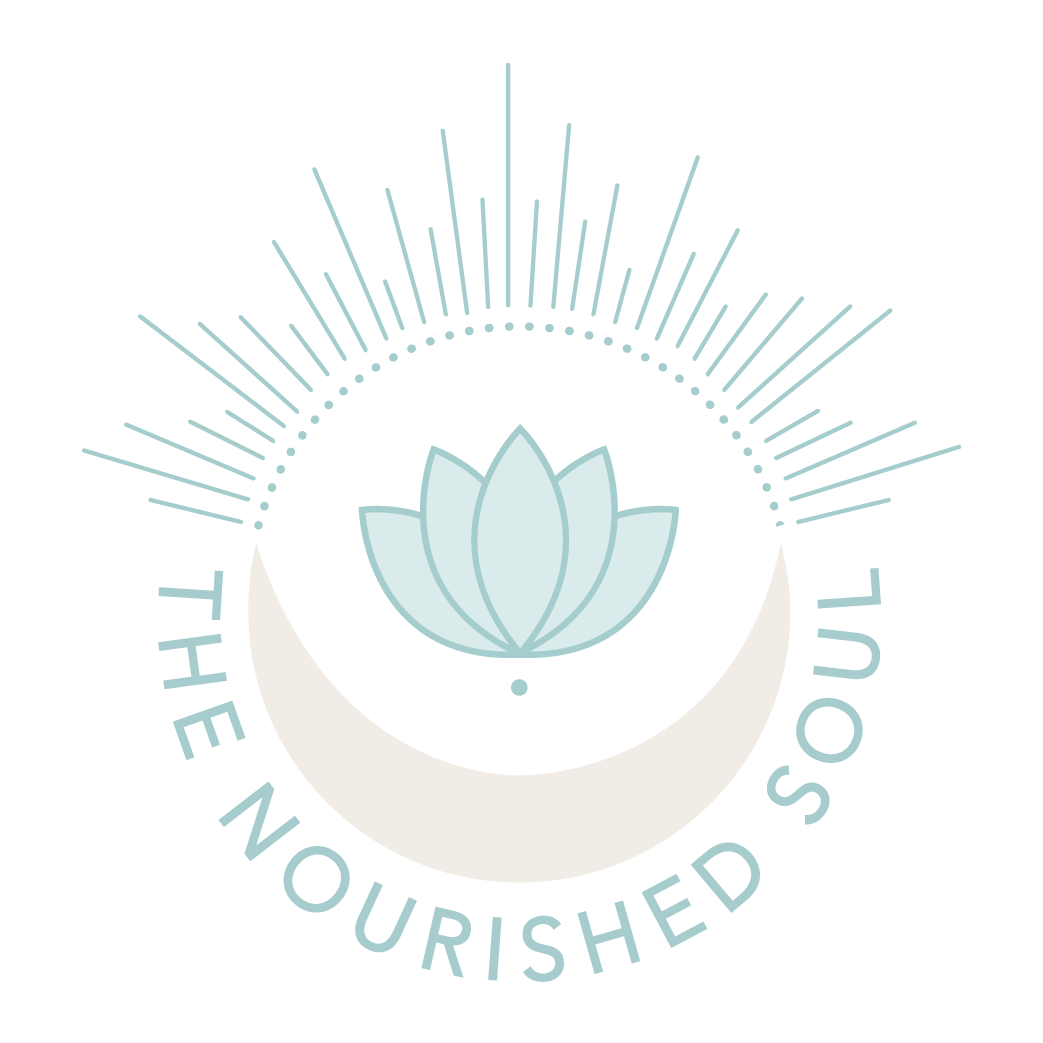Mind-Body Medicine And How It's Changing The World
The Great Debate: Western vs. Eastern Medicine
Western Medicine
Over the years Western medicine has evolved to be able to treat disease, ease symptoms, address trauma and manage pain. Some major advancements in medicine have been able to save peoples’ lives such as blood transfusions, organ transplants, insulin, antibiotics, chemotherapy and more. All of which have made great contributions in extending our lifespan and improving our overall health.
While many of these advancements have been quite literally life changing, they have also replaced many of the ancient healing practices that have been used for thousands of years all over the world. Western medicine often treats parts of the body separate from the whole and looks at the mind and body independently. There seems to be a doctor for every organ and a pill for almost every illness. Western medicine doctors are trained to treat, diagnose and prescribe rather than educate patients on nutrition and preventative measures (there is definitely a need for both!). Due to the increase in illnesses and people needing medical support, they just do’t have the time to sit with every patient and create a health plan. This has led to a system that relies heavily on prescriptions as solutions instead of treating the deeper-rooted problem. Franky doctors are so overworked they just don’t have the time!
Eastern Medicine
On the other side, Eastern medicine originated in Asia thousands of years ago is the oldest medicine system in the world. It is known to treat the body as a whole and is based on the idea that the body can heal itself if given the right nutrients and environment. Eastern practices like Traditional Chinese Medicine and Ayurvedic medicine focus on mind-body healing by using acupuncture, breathwork, meditation, herbs, nutrition and mind-body-spirit practices and more to bring the body back into balance. This Eastern approach emphasizes that healing needs to happen in both the mind and the body (physical and emotional) and that our bodies are an interconnected ecosystem, not separate parts. The approach is that one person’s healing is unique and there is no one size fits all. Eastern medicine is very much about treating the root or underlying cause, which in turn, will resolve the surface symptoms. The system is mainly focused more on brining balance into all areas of our being – mind, body and spirit.
Easter medicine = mind-body approach, root cause, preventative
Western medicine = Trauma, emergency, treatment & diagnosis
One approach is not better than the other and both offer extremely valuable insight into ways we can treat illness and prevent it from happening in the first place. Both can work in tandem to create a holistic and well-rounded approach to our well-being.
What is mind-body medicine?
The practice of mind-body medicine uses the power of thoughts and emotions to influence physical health according to Mount Sinai.
Mind-body medicine comprises of:
Biofeedback: learn to train certain bodily processes like heart rate and blood pressure.
Holistic health: balancing the body with diet, herbs and supplements to support the natural flow of energy.
Cognitive Behavioural Therapy (CBT): helps people recognize and change harmful thought patterns.
Hypnosis: Has been used to access the subconscious mind to rewire old stories, patterns and beliefs. It has been used to help with anxiety, depression, phobias and addictions.
Yoga and meditation: Is used widely to strengthen the connection between the mind and body and to promote relaxation.
Spirituality: faith-based practices and a sense of inner peace have been shown in studies to affect recovery speed. This is a major pillar of many Eastern medicine traditions.
Since our emotions are so deeply connected to our overall health and have been linked to various diseases. Mind-body medicine can support:
Depression and anxiety
Cancer
Insomnia
Diabetes
Obesity
Heart disease and more
Hippocrates, the grandfather of medicine once said “The natural healing force within each of us is the greatest force in getting well.” He was one of the first to realize the power of the human body and its ability to self-heal.
In reality, the majority of our Western doctors can’t take the necessary time to sit down with patients and go over preventative measures like; putting together a nutrition and meal plan, holding them accountable to get exercise, mind-body practices, providing tools to reduce stress etc. For that reason, I think learning the language of your body and being our own health advocate is one of the most important roles we can step into. I also think finding a team that can support you on your health journey such as a health coach, acupuncturist, healer, therapist etc. can be immensely beneficial.
What’s Next?
My hope for future of medicine is that it moves in the direction of a more integrated approach. Where we have a team of specialists working together to support the overall health of a patient from a general practitioner or doctor, specialists, acupuncturist, health coach, herbalist and other holistic practitioners. As an integrated team, they can bridge the gap between Western and Eastern medicine to provide a more well-rounded approach that supports the overall health and well-being of the patient.
What is your take on mind-body medicine? Leave a comment below!
If you’re looking for support in improving your energy levels and balancing your mind and body, I invite you to check out my health coaching offerings or book a free 1:1 health consultation with me to learn more.
With love and light,




